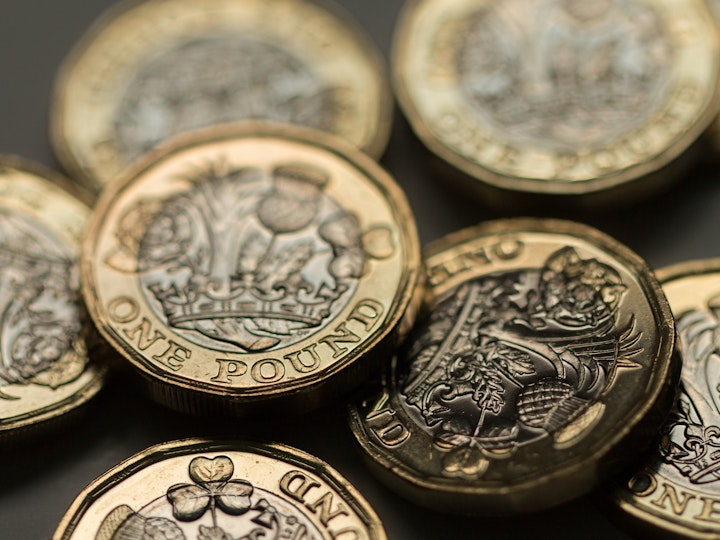Personal allowance freeze, salary sacrifice cap and tax changes – Autumn Budget breakdown
Clare Bentata, Lecturer in Tax and Accounting, explains what the 2025 Budget means for personal finances - from the personal allowance freeze to the salary sacrifice cap to the pension tax changes.

What does the personal allowance freeze mean?
The personal allowance is the amount of income an individual can receive before paying any income tax. The current personal allowance of £12,570 has been frozen since 2021/22 and, the Chancellor has just announced in this year's Autumn Budget that the freeze will now continue until 2030/31.
If it had increased by inflation each year (based on the retail price index), it would now stand at just over £17,000 – that’s an additional £4,430 that taxpayers could have received free of tax.
The effect of this personal allowance freeze is that the £4,430 gets taxed instead. That’s an additional £887 a year in tax for a basic rate taxpayer, and an additional £1,772 for a higher rate tax payer. The Chancellor may not have increased the rate of income tax, but this extension of the personal allowance is a tax by stealth instead, particularly when inflation has been so high.
We have also seen the national living wage increase from £12.21 to £12.71. For a full time worker (on a 35 hour week), that represents an additional £910 a year. However, had the personal allowance risen with inflation to £17,000, these workers could have been over a £1,000 better off as a result. An acknowledgment perhaps, that the freeze on allowances affects the lowest paid and needs to be addressed.
What are the changes to pensions and salary sacrifice?
Amounts paid by employees into their pension are not subject to income tax, but they are subject to national insurance, unless done via a ‘salary sacrifice’. The salary sacrifice allows the amount paid into the pension to be treated as a reduction in salary, meaning that it does not affect either employers or employee’s national insurance – a further tax saving.
Some employers even pay the national insurance they save into their employees’ pension, boosting the contribution further. The Chancellor has announced today that there will be a £2,000 cap on the salary sacrifice that is free of tax. Any amounts over £2,000 will now attract employee’s national insurance (at 8% for basic rate taxpayers and 2% for higher rate taxpayers) and employers national insurance at 15%.
An additional £100 contribution over the limit will now cost employees £2 or £8. Thanks to last year’s increase in employers national insurance, it will cost employers £15. This £15 may previously have been added to the employees’ pension, but this would no longer be the case. This will be a blow to those trying to boost their pension pot through the salary sacrifice scheme.
What are the changes to property income, savings and dividends?
It has long been clear that the Chancellor was not going to break her election promise and increase the headline rate of income tax. However, we did see an increase in some income tax rates today. Property income (currently taxed at 20%/40%/45%) will now have its own rates of income tax of 22%, 42% and 47%. Another blow to individual landlords who over the last few years have seen increases in stamp duty as well as restrictions on tax relief for mortgage costs.
It seems only trade income and employment income were left alone, as the rates of income tax on savings income (interest) and dividends were also increased by 2%. The justification: employees have to pay national insurance (at 8% and 2%) on their earnings, but landlords and savers do not.
The figures used in this article have been rounded.
Clare Bentata is a Lecturer in Accounting and Tax at Henley Business School, and a fellow of ICAEW, with over twenty years experience of delivering professional financial education.



